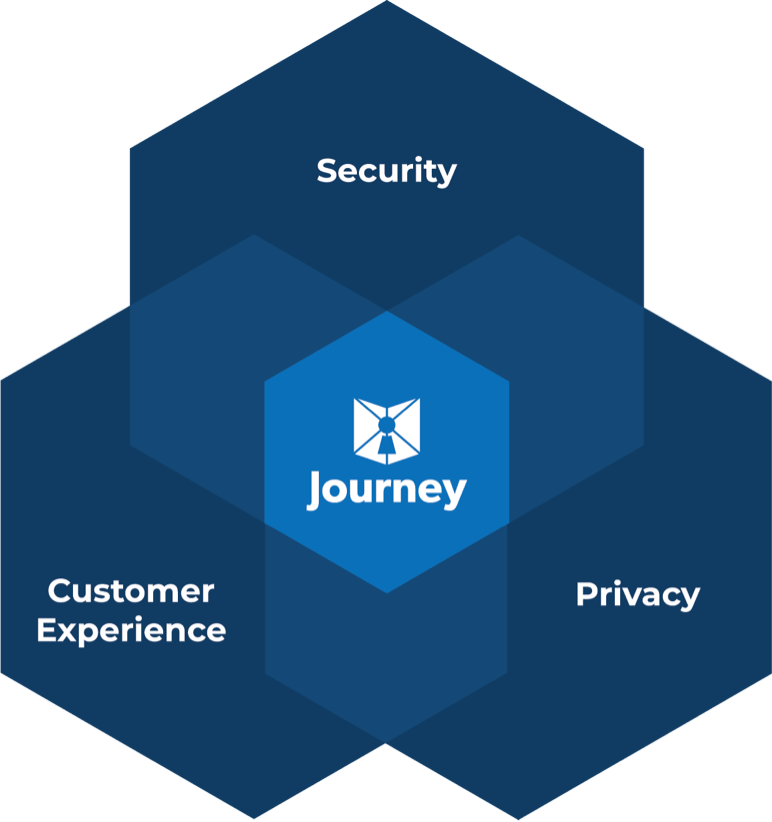I do wonder whether this news story about the IRS quickly ditching facial biometrics is a knee jerk reaction to a poorly implemented system or if biometric verification is really “intrusive”.
We all know that passwords can be stolen, devices can be cloned. This happens billions of times every year. Your passwords are out there, your phones get hijacked, credit cards are faked. It happened to me last month for the 4th time….
If done correctly, biometrics are the best form of authentication. Finger prints have been unassailable for decades. Facial technology has become even better. This needs to be done correctly however. That means not forcing citizens to register and give all their personal data to a third party private company. It means having the best possible tech for both matching and liveness. It won’t do to be fooled by a picture or a video.
It also means having a back up plan when it does not work, either because of disability, poor lighting or a myriad of other reasons.
The government already has your likeness if you have a driver’s license or a passport and biometric authentication can be both convenient and extremely secure if done correctly.
But this all comes down to doing things right and giving folks a choice. Many folks may indeed choose the convenience and security of biometrics.
Others will choose less convenient methods. The epidemic of identity theft and fraud will increasingly make these other methods more inconvenient, but that does not mean folks should not be able to choose them, just as they should be able to choose biometrics (DONE RIGHT!!!).




